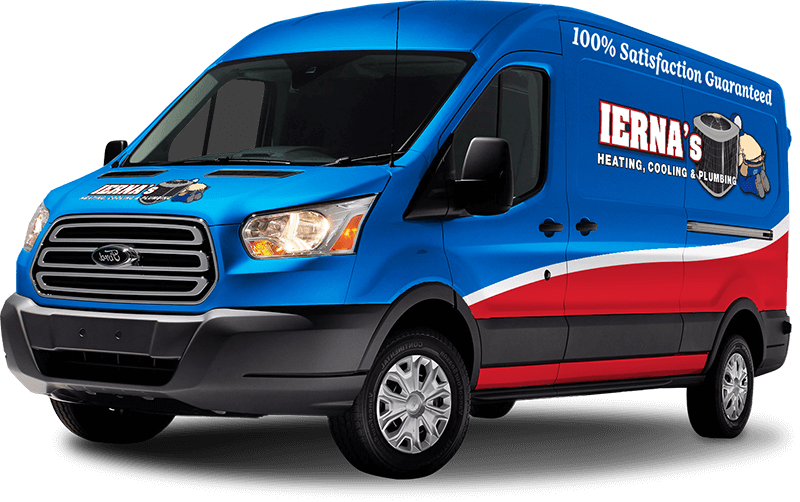A generator is an ideal way to keep your home up and functioning in the midst of a disaster. In Florida towns like Land O’ Lakes, generators provide needed heat and electricity when hurricanes knock the power out. You can have a whole-house generator installed by a trained professional before the next hurricane season arrives, providing an extra layer of protection for you and your family. Before that happens, however, you need a professional to properly size your generator to match the needs of your household. That way, you can make sure it meets all of your needs when a crisis hits. Here’s a quick generator sizing guide.
In the first case, you need to prioritize your appliances and determine which ones are of the highest priority. That way, if your generator is a smaller unit, you know what it can support safely, and keep non-essential appliances turned off. The refrigerator is usually the top priority, since it helps you store food safely. A fridge requires 1500-1700 watts to start up on average and consumes about 200 watts as it runs. Furnaces and HVAC systems use about the same amount starting up, with a running wattage of about 600 watts. Lights tend to use about 50-75 watts each while running, while a television consumes anywhere from 500-1000 watts depending on the size. A microwave oven will consume about 1500 watts while it’s running. The owner’s manual for most of your appliances will tell you what kind of wattage they require for different stages of operation. Try to prioritize things you really need, such as heating systems and sump pumps, rather than luxury items like your computer.
Once you have a sense of your power needs, you and your contractor can size your generator accordingly. Ideally, your generator should be able to run your whole house without a problem, though if you need to look at smaller systems due to cost consideration, your prioritizing will help you determine what the generator can support. Generally speaking, you should multiply the generator’s listed horsepower by 932 to get a sense of how many watts it can comfortably support.
For more information on generator sizing or to schedule an installation, contact Ierna’s Heating & Cooling. We’ll help you find the right sized generator for your Land O’ Lakes home. Pick up the phone and call us today!

